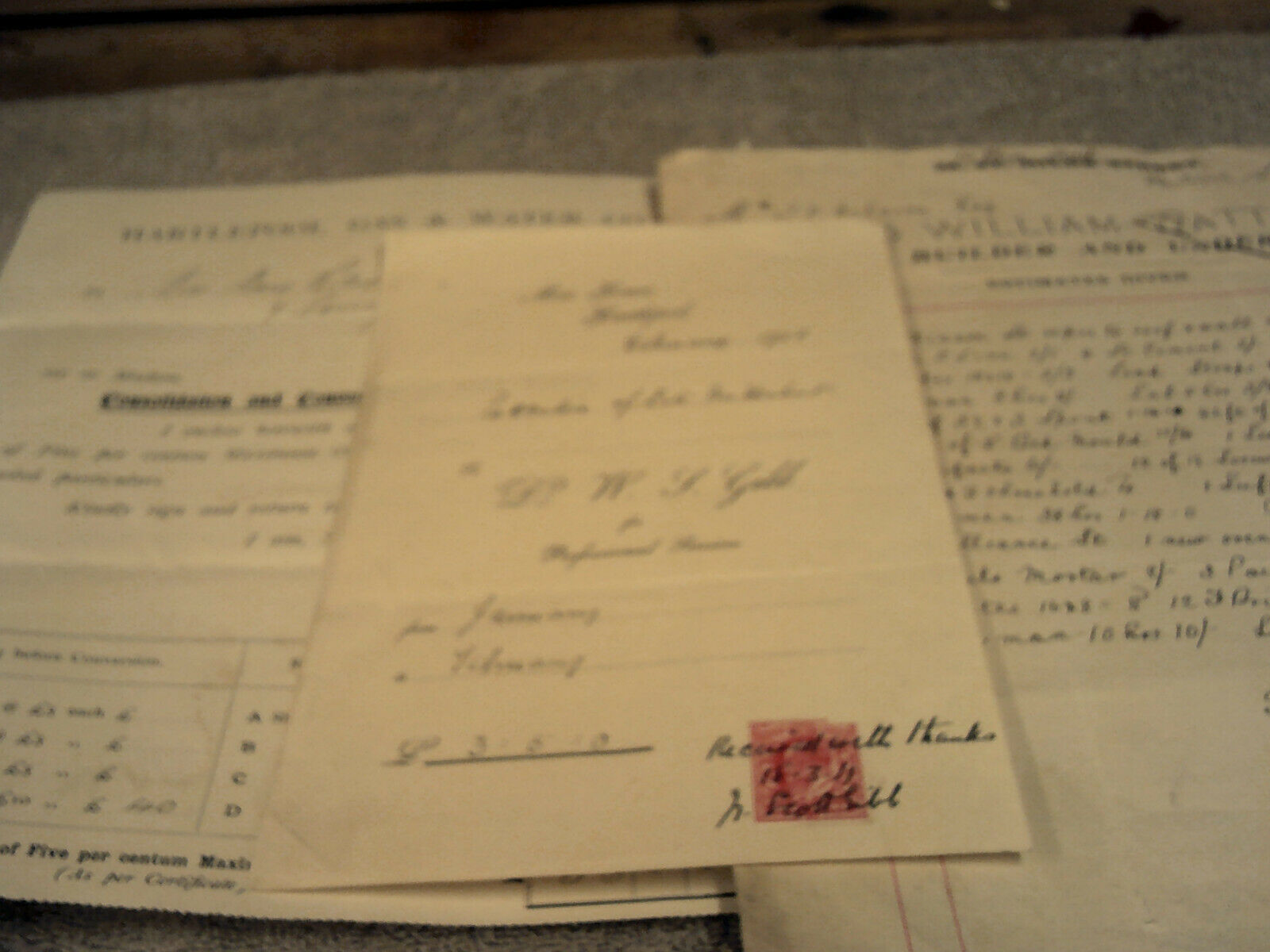Calculating the debts of an estate for Probate is a fairly straight forward process however in order to do it successfully it is best to follow the simple guidelines below on ‘How to Value the debts of an Estate for Probate.
As the administrator of an estate you are responsible for discharging the debts of an estate however finding out what they are, may be more difficult than imagined.
Here is a list of typical debts that may be relevant:
Water and rates
Telephone Bills
TV license and any subscriptions to cable or satellite
Newspaper and magazine subscriptions
Electricity bill
Gas Bill
Overdraft or loan
Credit cards
Outstanding HP agreements
Mobile Phone contracts
Council Tax
Dr’s and specialist bills
Outstanding rent
Mail Order
Debts owed to individuals
Income Tax and Capital Gains Tax
Funeral costs may be deducted
Vets bills
Online subscriptions i.e. railcards, contact lenses etc
These debts may only be paid from the accumulated assets of a person’s estate. The above expenses would be the normal and expected monthly outgoings, many of these easily settled and cancelled.
Perhaps the biggest debt that may be owing is a mortgage on a property or properties. The details of these properties may be kept with the bank, Mortgage Company or solicitor. You will need to make further enquiries to ascertain the full picture. If the person was a sole trader, some of his/her business debts may arise. Professional help is needed in these circumstances.
Under normal circumstances it is fairly safe to assume the biggest debt owing may well be a mortgage on the home. Ascertaining the value owed may be more difficult this will need to be investigated.
Questions that need to be asked concerning the value of debt on property are as follows:
Is the home owned outright by the deceased or is the home jointly owned?
How much is owing on the mortgage and how will this debt be paid?
Did the deceased have insurance in place to cover the cost of the mortgage and where and when will this be paid?
Does the home automatically go to the surviving joint ownership individual or is it to be divided amongst other family members?
Was the home remortgaged?
What is the value of the equity in the home?
Is there a second property? and does this have a mortgage?
Does the individual own any timeshare or fractional ownership property and if so what liabilities are owed?
All of these questions should be investigated thoroughly and you will probably need some form of professional help to gain precise figures and valuations etc. These services will be found at the bank, via the solicitors or the mortgage company.
Take the process slowly and methodically, read through the above pointers and very shortly you will have successfully valued the debts of an estate for probate.


















